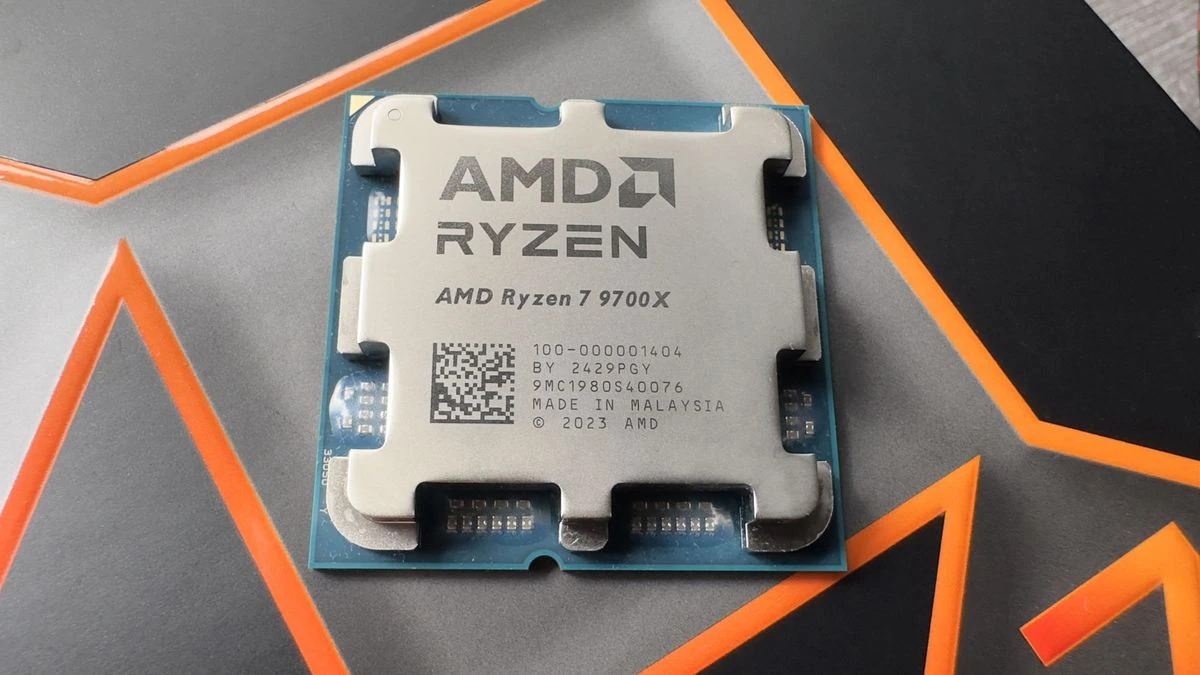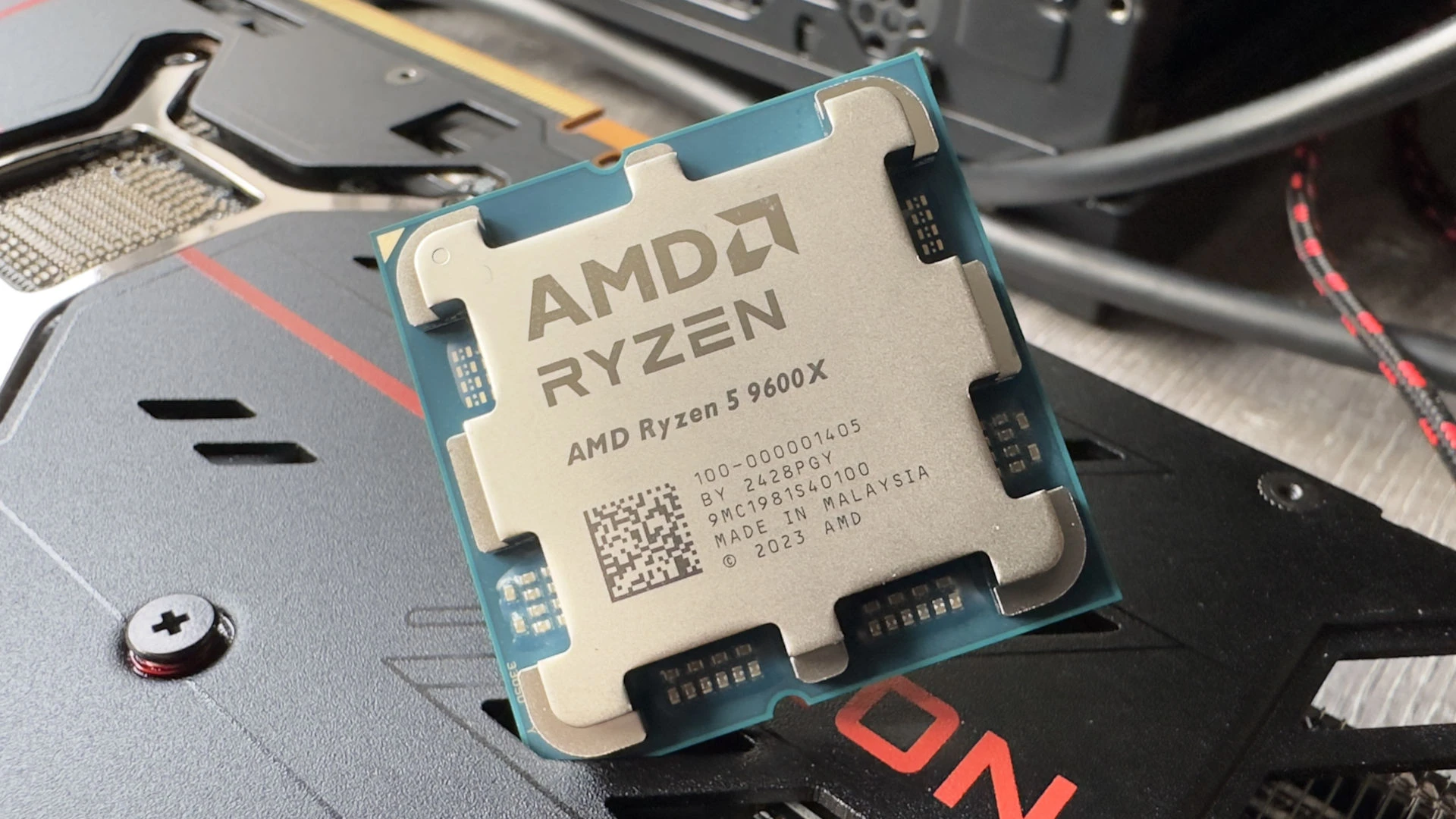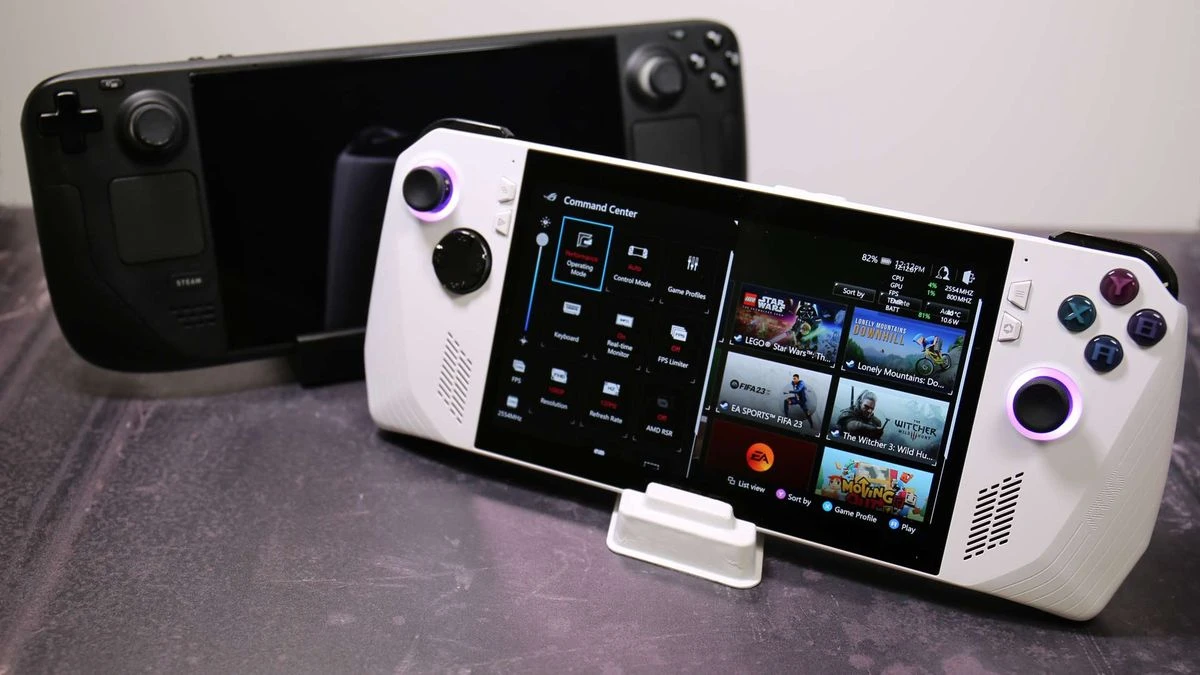Unsurprisingly, AMD Ryzen 5 and Ryzen 9 aren't selling well at the moment.
Recently launched AMD Ryzen 5 and Ryzen 9 9600X processors have been the focus of... apathy? Indifference? Underwhelm? Choose your favorite. Zen 5% is the most popular meme about these Zen 5 architecture processors. It refers to a mere performance increase of 5% or so. These new chips are not bad at all, far from it. They're just not good for the price.
It's no surprise that they aren't selling very well, if Mindfactory sales figures (via TechPowerUp), are anything to go on. The website states that "over 20 SKUs" of the 9600X and "over thirty" SKUs of the 9700X have been sold at the time this article was written.
These low sales figures could be due to a number of reasons. One reason is that it's been only a few short days since these CPUs were released, and people are still awaiting more. PC gamers are waiting to see if a 9000-series CPU with X3D will be released. X3D refers to the 3D V-Cache on the AMD Ryzen 7 7800X3D, currently the best gaming processor.
The next-generation Intel chips (codename Arrow Lake), are also likely to be awaited. The latest rumours claim that the 15th Gen Intel processors could consume up 100 W less power when operating at high frequencies compared to the 14th Gen chips (this is a ray of hope for Intel after the stability issues with the 13th/14th Gen).
I have to say that it would be a waste of time for people to wait for more efficiency, since the 9600X/9700X are already efficient. Nick's tests of these 65 W TDP chip found that they both sucked up power and remained cool under load.
The performance isn't bad either, particularly for the 9700X. It's worth it to have two extra cores over the 9600X with its six-core layout. The 9600X is a poor performer compared to the Intel Core i514600K when it comes to multi-threaded workloads. However, the 9700X gives a good run for its money, and even outperforms the Intel Core i514600K in some real-world applications, such as photo editing. The extra two cores are probably responsible for the higher (but still very low) Mindfactory 9700X sales figures.
The real problem is the cost of both chips. The Zen 5 chips' MSRPs of $279 and $359 are technically slightly less than the Ryzen 5 and Ryzen 7 MSRPs when they were launched. They're much more expensive than these chips now. Amazon currently has a 7600X available for $195, and a new 7700X is $265. These chips aren't much worse than the current-gen equivalents.
Why would anyone choose a "Zen 5 percent" performance increase for that extra cash, when there are more next-generation chips on the way? People are starting to realise that it might not be a good time to upgrade.
I also wonder how much damage Intel’s stability issues may have done to the consumer’s confidence in chips. Some people may be unsure about the reliability of new chips that are largely untested, and wonder if they will fail in the future.





Comments